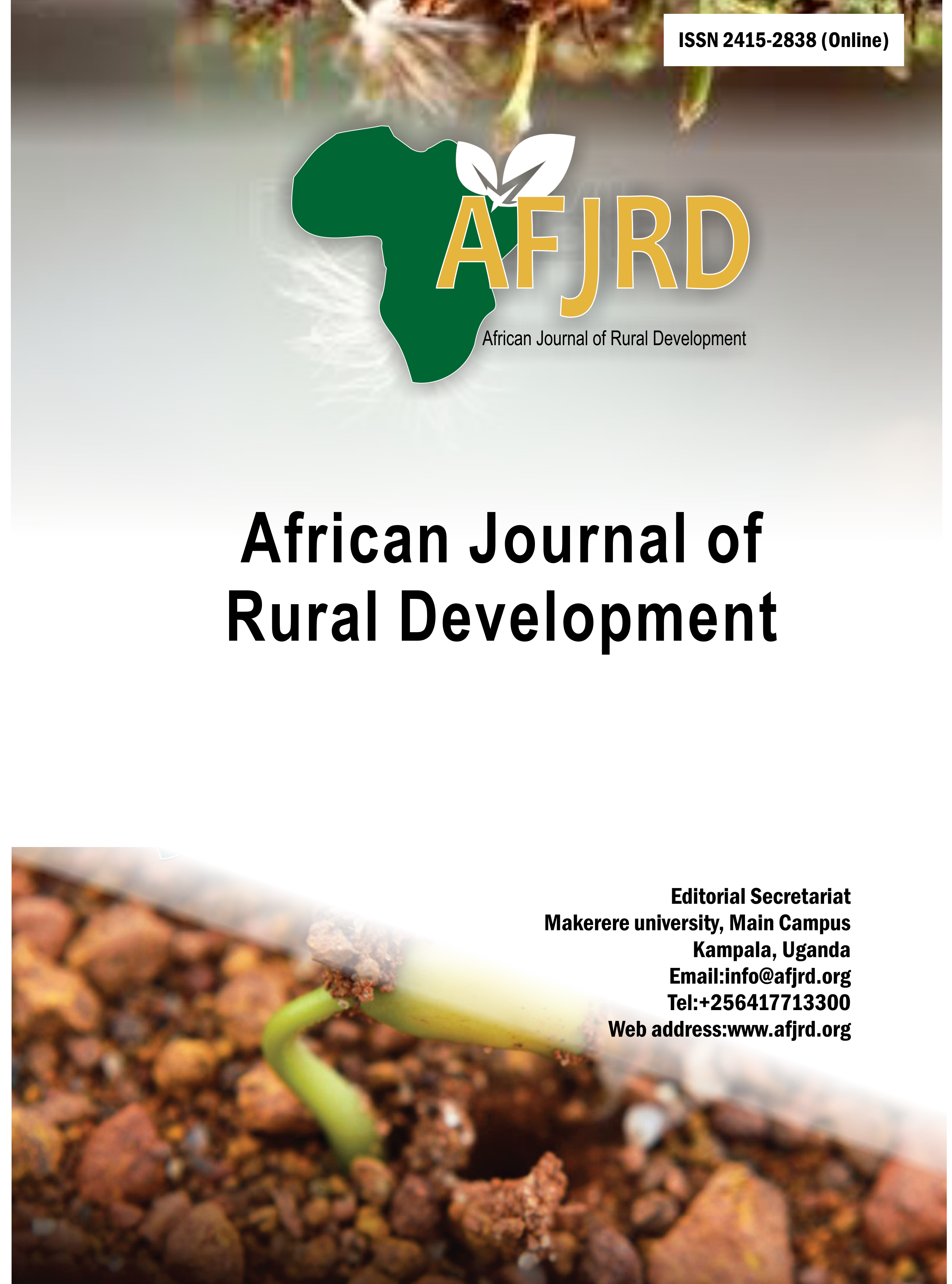Evaluating Gender Responsiveness of the African Union Sanitary and Phytosanitary (SPS) Policy Framework for Africa
Main Article Content
Abstract
The African Union (AU) plays a central role in shaping the policies that guide the continent’s development agenda and has made notable strides in integrating gender considerations into its policy frameworks. However, despite these efforts, gender disparities remain a significant challenge in agriculture and trade, which underscores the need for a critical gender mainstreaming review of AU policies and frameworks. This paper evaluates the gender responsiveness of the 2019-2024 AU Sanitary and Phytosanitary (SPS) policy framework using the AU Gender Equality and Women’s Empowerment (GEWE) strategy. The paper examines how this framework addresses systemic gender disparities in agriculture and trade. Although the AU-SPS policy framework mentions gender mainstreaming, it lacks explicit gender-targeted initiatives and fails to integrate gender-sensitive mechanisms effectively. The AU-SPS policy framework primarily focuses on technical aspects of agriculture and trade with limited consideration for systemic barriers faced by women. Gender-sensitive policies are essential for achieving equality and empowerment for women, and fostering inclusive and sustainable development across the continent. By incorporating gender perspectives into regional policies like the AU-SPS policy framework, the AU can address systemic inequalities, unlock economic potential, and promote sustainable development for all.
Article Details

This work is licensed under a Creative Commons Attribution 4.0 International License.
